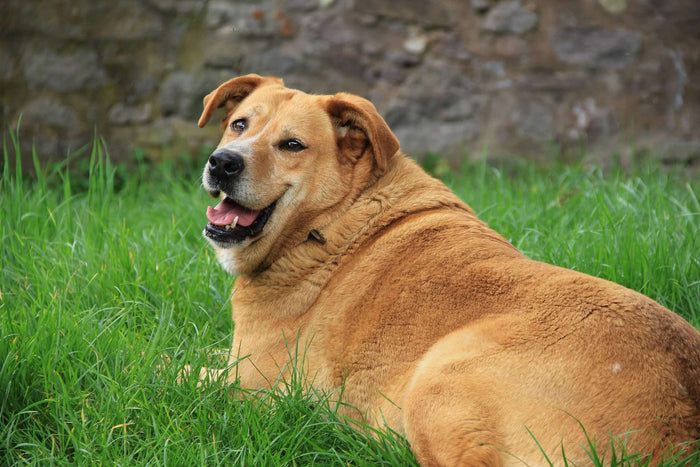
Symptoms:

Symptoms:
Common Causes:
In dogs, hypothyroidism is usually caused by one of two diseases: lymphocytic thyroiditis or idiopathic thyroid gland atrophy. The former disease is the most common cause of hypothyroidism and is thought to be an immune-mediated disease. This means that the immune system decides that the thyroid is abnormal or foreign and attacks it. It is unclear why this occurs; however, it is a heritable trait meaning that genetics plays a role in this condition. In idiopathic thyroid gland atrophy, normal thyroid tissue is replaced by fat tissue. This condition is also poorly understood. These two causes of hypothyroidism account for more than 95% of the cases in dogs. The other five percent are due to rare diseases, including cancer of the thyroid gland
Preventative Measures:
To prevent damage to the thyroid glands, at the outset itself, if your dog tends to pull, it is advised that you make him wear a harness instead of a collar. The pulling action whilst the dog wears a collar, can damage thyroid glands. Improve your dogs immunity by adding golden paste to the diet. Antioxidants such as blueberries can also help support thyroid function.